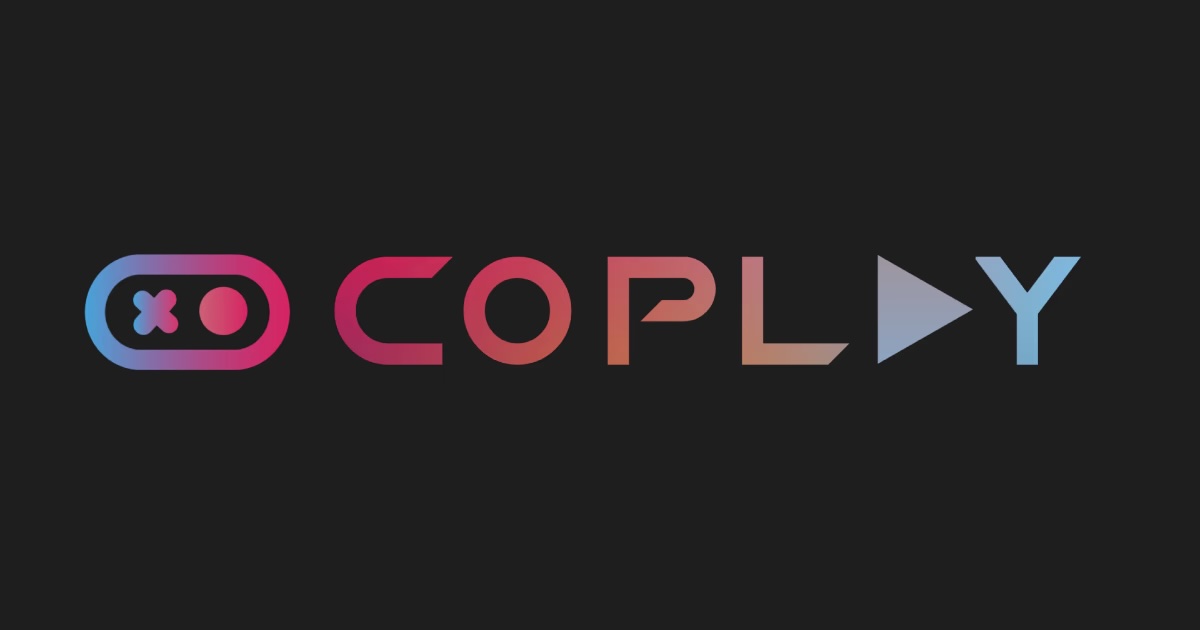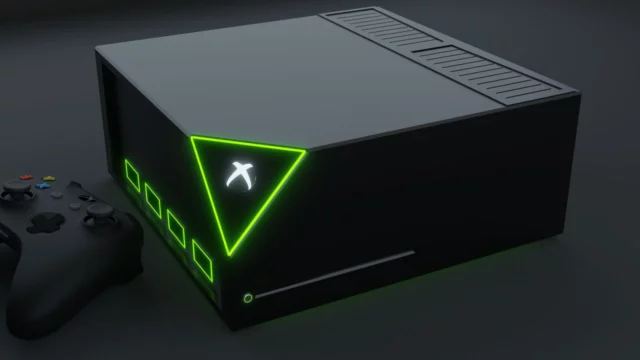Coplay, the AI co-pilot for game developers, announced several important milestones today as it continues to grow its influence in the AI ecosystem for games. The company is officially taking over maintenance of the widely used open-source Unity Model Context Protocol (MCP) server. It has introduced key product updates like Orchestrator Mode and opened open beta access to its growing developer base. These developments mark a new chapter for Coplay, which continues its mission to bring agency workflows and AI automation to the core of game development.
AI game development made easy with Coplay
Created by Unity VR developer and content creator Justin Barnett, the open-source Unity MCP server has become a staple in the Unity and AI developer communities. As interest grows, maintaining the repo has become a full-time job, and Coplay has officially taken over.
Justin Barnett joins Coplay, helping to advance both the open-source MCP project and Coplay’s own product roadmap, providing the best of both worlds for developers.
As part of its 2025 roadmap, Coplay has now opened its open beta to all developers. Previously invitation-only, the Coplay platform is now used by both large AAA studios and fast-moving indie teams. Through natural language commands and AI orchestration, Coplay completes over 3,000 Unity development features per week for users.
Recent feature updates include:
- Orchestrator Mode: Allows developers to sequentially execute multi-step tasks based on a single game design document or command.
- Expanded AI integrations: New rendering and 3D model support help streamline the asset pipeline.
- Task execution: Agents can now execute long-running or asynchronous workflows directly within Unity.
By leveraging open source participation and an AI automation platform, Coplay is positioned to lead the next wave of innovation in game development. Tools like Unity MCP bring AI agents closer to mainstream workflows, while Coplay ensures they are practical and powerful.



 Shiftdelete.net
Shiftdelete.net









